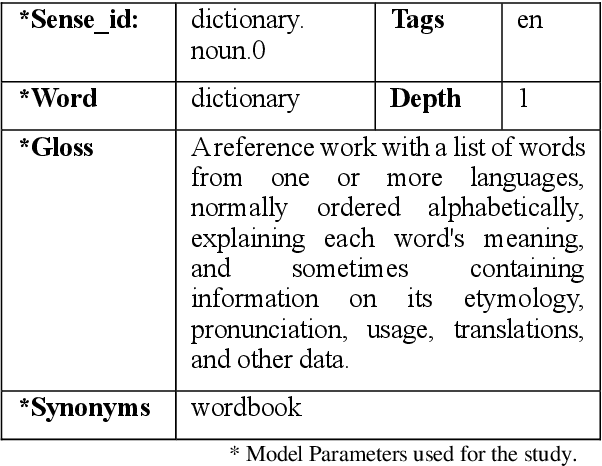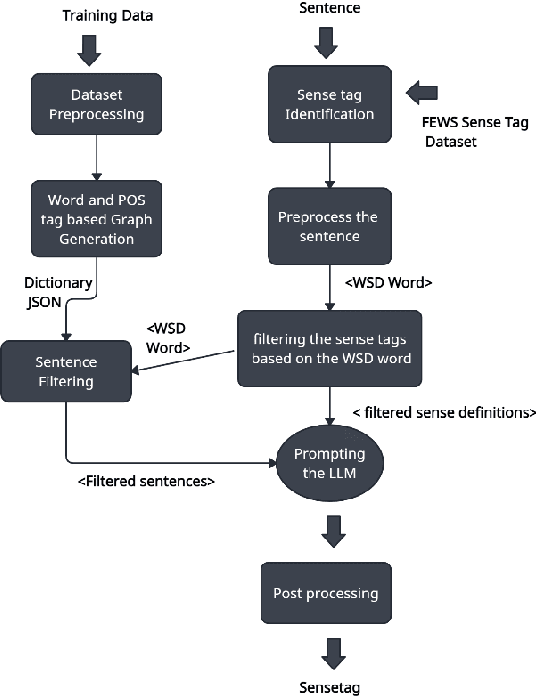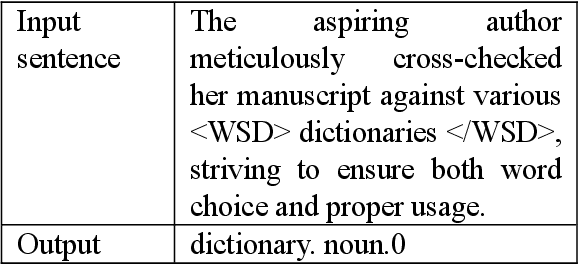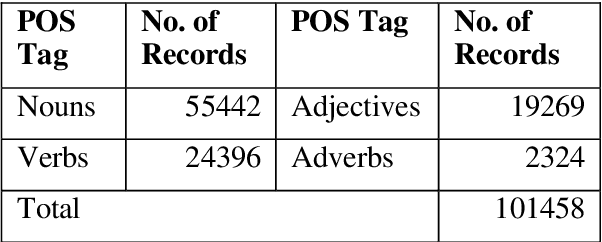Nicholas Micallef
IndoNLP 2025: Shared Task on Real-Time Reverse Transliteration for Romanized Indo-Aryan languages
Jan 15, 2025Abstract:The paper overviews the shared task on Real-Time Reverse Transliteration for Romanized Indo-Aryan languages. It focuses on the reverse transliteration of low-resourced languages in the Indo-Aryan family to their native scripts. Typing Romanized Indo-Aryan languages using ad-hoc transliterals and achieving accurate native scripts are complex and often inaccurate processes with the current keyboard systems. This task aims to introduce and evaluate a real-time reverse transliterator that converts Romanized Indo-Aryan languages to their native scripts, improving the typing experience for users. Out of 11 registered teams, four teams participated in the final evaluation phase with transliteration models for Sinhala, Hindi and Malayalam. These proposed solutions not only solve the issue of ad-hoc transliteration but also empower low-resource language usability in the digital arena.
Can LLMs assist with Ambiguity? A Quantitative Evaluation of various Large Language Models on Word Sense Disambiguation
Nov 27, 2024



Abstract:Ambiguous words are often found in modern digital communications. Lexical ambiguity challenges traditional Word Sense Disambiguation (WSD) methods, due to limited data. Consequently, the efficiency of translation, information retrieval, and question-answering systems is hindered by these limitations. This study investigates the use of Large Language Models (LLMs) to improve WSD using a novel approach combining a systematic prompt augmentation mechanism with a knowledge base (KB) consisting of different sense interpretations. The proposed method incorporates a human-in-loop approach for prompt augmentation where prompt is supported by Part-of-Speech (POS) tagging, synonyms of ambiguous words, aspect-based sense filtering and few-shot prompting to guide the LLM. By utilizing a few-shot Chain of Thought (COT) prompting-based approach, this work demonstrates a substantial improvement in performance. The evaluation was conducted using FEWS test data and sense tags. This research advances accurate word interpretation in social media and digital communication.
The Role of the Crowd in Countering Misinformation: A Case Study of the COVID-19 Infodemic
Nov 12, 2020



Abstract:Fact checking by professionals is viewed as a vital defense in the fight against misinformation.While fact checking is important and its impact has been significant, fact checks could have limited visibility and may not reach the intended audience, such as those deeply embedded in polarized communities. Concerned citizens (i.e., the crowd), who are users of the platforms where misinformation appears, can play a crucial role in disseminating fact-checking information and in countering the spread of misinformation. To explore if this is the case, we conduct a data-driven study of misinformation on the Twitter platform, focusing on tweets related to the COVID-19 pandemic, analyzing the spread of misinformation, professional fact checks, and the crowd response to popular misleading claims about COVID-19. In this work, we curate a dataset of false claims and statements that seek to challenge or refute them. We train a classifier to create a novel dataset of 155,468 COVID-19-related tweets, containing 33,237 false claims and 33,413 refuting arguments.Our findings show that professional fact-checking tweets have limited volume and reach. In contrast, we observe that the surge in misinformation tweets results in a quick response and a corresponding increase in tweets that refute such misinformation. More importantly, we find contrasting differences in the way the crowd refutes tweets, some tweets appear to be opinions, while others contain concrete evidence, such as a link to a reputed source. Our work provides insights into how misinformation is organically countered in social platforms by some of their users and the role they play in amplifying professional fact checks.These insights could lead to development of tools and mechanisms that can empower concerned citizens in combating misinformation. The code and data can be found in http://claws.cc.gatech.edu/covid_counter_misinformation.html.
 Add to Chrome
Add to Chrome Add to Firefox
Add to Firefox Add to Edge
Add to Edge